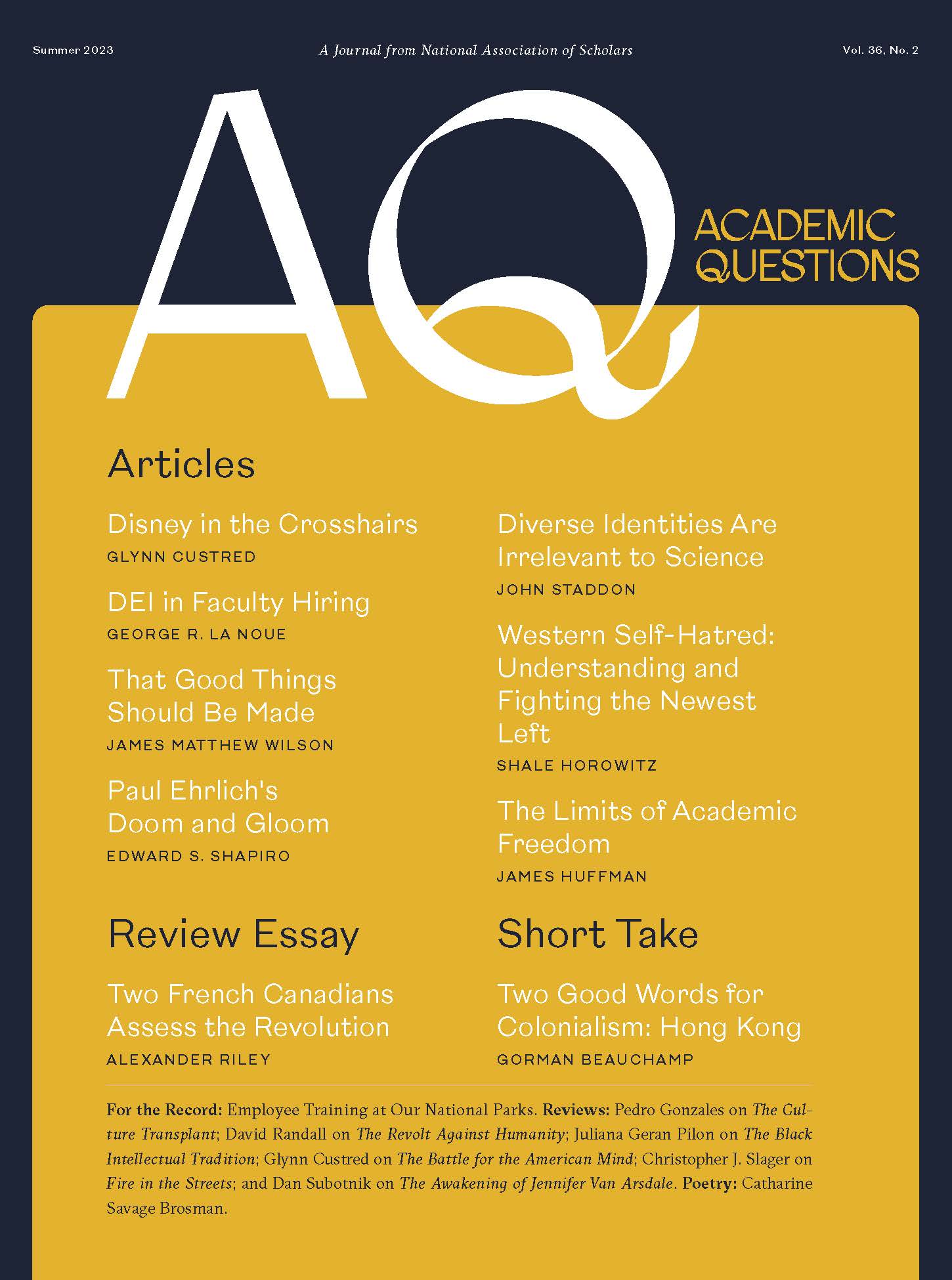For Christmas my wife’s stepmother gave me a book, Louisa Lim’s Indelible City: Disposition and Defiance in Hong Kong, obviously remembering that I had spent two years, 1961-1963, fresh out of college, in that fascinating place. Under the auspices of something called Youth in Asia, named by someone either tone deaf or sardonic (you have to say it aloud), I was teaching conversational English and bits about American culture at the Hong Kong Baptist College. Still displaying the remnants of its colonial past—as distinct from its neighboring colony Macau that then, architecturally, looked like a quaint outpost of Portugal—but already in the throes of skyscraper building that would transform its skyline, it was the epitome of dynamic up-and-outgrowth.
Minimal as my knowledge of the situation was, I knew that England’s lease would expire in 1997 and Hong Kong would revert to Chinese control, which made me wonder at this orgy of construction, like major redecoration of a house you were sooner or later going to forfeit. Nobody that I asked about that was willing to discuss it. I did hear the joke several times that the seemingly endless road work plaguing the colony was deliberate: the Communists would not take over until the roads were completely fixed, which would be never. That was about the only response I ever got. And, indeed, in her book Lim claims that in the decades from the 1960s to the 1990s “a kind of omerta lingered over the topic . . . so strong that mentioning 1997 was seen as a ‘crime.’” In fact, I felt indelicate to probe.
Lim’s book—which I make no attempt to review here, lacking all qualifications—traces the history of Hong Kong from its prehistoric beginnings to its colonialization, in the first part, and its tragic post-1997 fate, in the second part, the dispossession and defiance of her subtitle. The story of its colonization by the British, like most accounts of colonization, is not pretty, dependent as it was on aggressive wars: the island of Hong Kong itself was ceded in 1841, the result of the First Opium War; the peninsula of Kowloon, given up after the Second Opium War in 1860; and the New Territories by a ninety-nine year lease after the Six-Day War in 1898, the British agreeing to that arrangement because they “could not envision China growing powerful enough to demand its return.” Lim calls the acquisition of Hong Kong “one of the most shameful episodes in British history,” in this regard allying with the current consensus among historians that there is nothing good to be said about colonialism. A prime example of this occurred when this journal re-published Bruce Gilley’s “The Case for Colonialism” after it was “cancelled” by Third World Quarterly because of an outpouring of negative criticism. Even among the commentaries on the recent death of Queen Elizabeth were to be found criticisms of her reigning over something so vile as an empire of the colored colonized.
I want to offer a mild and limited dissent. It was as a British colony, particularly in the twentieth century, that Hong Kong grew into one of the great, vibrant cities of the world. Lim is too ambivalent to make this point with the requisite specificity, but its truth stands undeniably evident throughout her book. Her ideal seems to be a “free, democratic” Hong Kong, a consummation, of course, devoutly to be wished, but an eventuality that was never in the realpolitik cards. Most of what she wants for Hong Kongers, however—the rights and freedoms they had and rightly feared losing—were those existing in a colony. When the British representative first went to Beijing in 1979 to begin negotiations with the Chinese over Hong Kong’s fate, polling showed, as Lim cites, that between eighty-five and ninety-three percent of the population supported the status quo; I can’t imagine the proportion wasn’t higher. One study showed for Hong Kongers aged eighteen to twenty-five only 0.3 percent thought of themselves as Chinese. At least since the Communist takeover of the mainland in 1949, Hong Kong had proved a place of refuge; a number of families of my students had come from Shanghai, as had the senior economics professor at my university. I recall that the summer I arrived, there were rumors of masses of people, estimated to be at least a hundred thousand, coming south to escape conditions in China; most never arrived, but the rumors seemed plausible. There was no notable outflux of people from Hong Kong seeking to escape British colonization by refuge in Communist China.
Lim captures the sense of sadness, even dread that accompanied the ceremonies ending British rule, but is critical of London’s negotiations for failing to ensure greater guarantees for Hong Kong’s rights and safety. That seems to me misguided: the Chinese promised a great deal, subsequently violating each and every promise. The Joint Declaration stipulated that on July 1, 1997, Hong Kong would be handed over to Chinese rule, and a “One Country, Two Systems” principle would be used to govern it. “Hong Kong’s capitalist system and way of life would remain unchanged for fifty years, until 2047, and all this would be written into the Basic Law. . . Hong Kong would have a high degree of autonomy to make its own policies . . . and all rights and freedoms enjoyed in Hong Kong would remain”—those, that is, that it had had as a British colony. The last half of Lim’s book examines, in excruciating detail, how all of this proved false, despite heroic and ingenious efforts by Hong Kongers to resist the ever-increasing infractions. The ultimate step in Hong Kong’s increasingly authoritarian regime may have been taken in August, 2021 when a law was enacted establishing exit bans: “Even the freedom to leave was being denied.”
Lim ends with a peroration and a lament:
For so long Hong Kong had been a city untrammeled except by the limits of imagination. It was a place always in motion, its endless land reclamations creeping outward to displace the sea, its skyscrapers challenging the sky itself. . . . We’d grown up thinking we had the best of both worlds. Now we were stranded in a completely different universe. We’d imagined this improbable city into existence, and now its future had become unthinkable. And there was no way to go home; home no longer existed.
Lim’s admiration for the people of Hong Kong radiates throughout her book, but that is not really my focus here. My point in this essay is only to note that the vibrant city she describes and celebrates, that had provided her with a home, was a colony, a British colony, and existed only in that context. So my two words in defense of colonialism are Hong Kong . . . as she used to be.
Gorman Beauchamp is the author of a book on Jack London and essays on subjects ranging from Shakespeare to science fiction; [email protected]. Beauchamp is also an associate professor emeritus of humanities at the University of Michigan. He last appeared in these pages in the winter of 2022 with “The Bard’s God,” a review of Gideon Rappaport’s Appreciating Shakespeare (2022).
Photo by Joseph Chan on Unsplash














